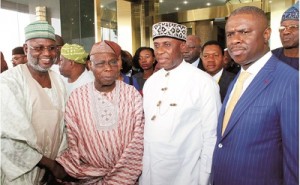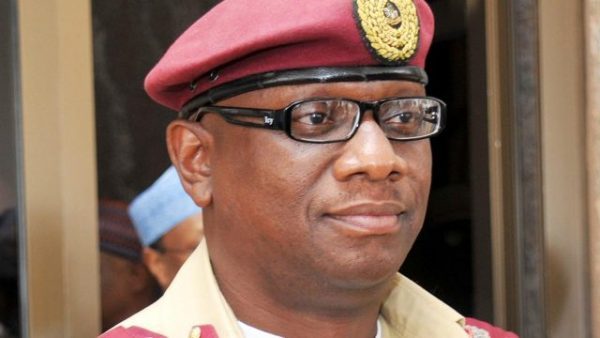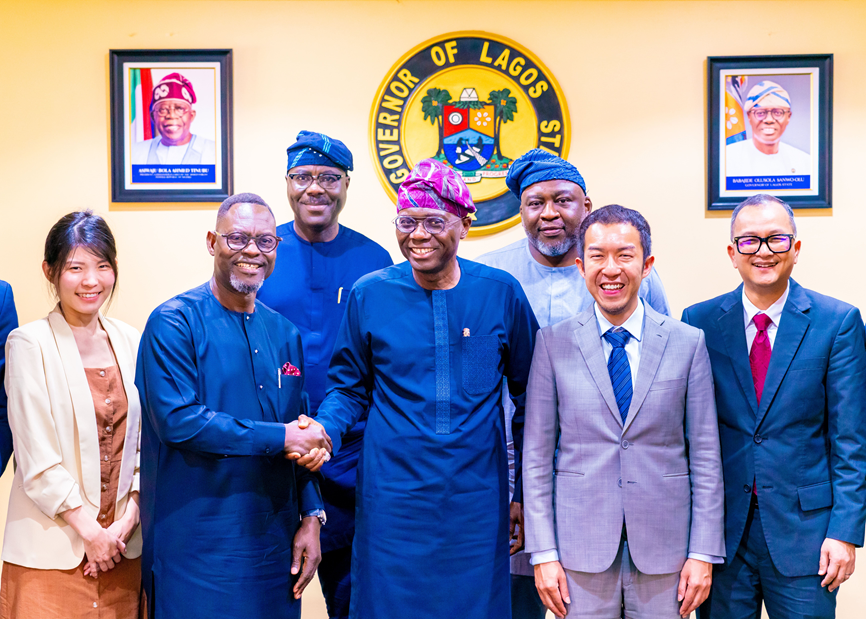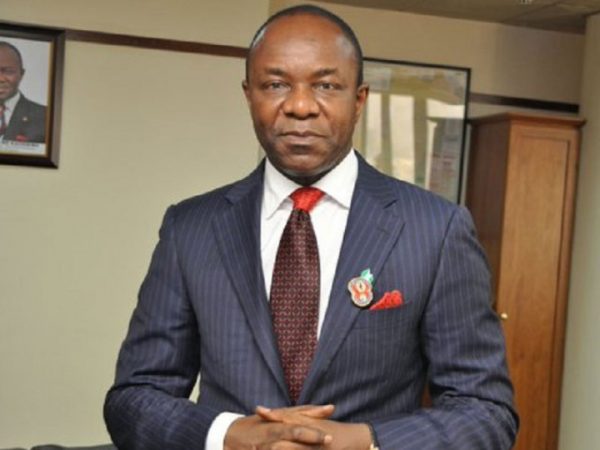NEWS LENS
Maritime Industry Bills To Suffer Set Back
The Minister of Transport, Rt. Hon. Rotimi Amaechi may have foreclosed the chances of pushing for the passage of the many maritime industry bills pending at the National Assembly following his statement that the industry already has too many policies without implementation.
Some of the pending bills are: Maritime Zone Bill, Chartered Institute of Shipping of Nigeria Bill, Ports and Harbour Bill, National Transport Commission (NTC) Bill, Nigerian Merchant Navy Security and Safety Corps Bill, among others.
Amaechi who stated this last week in Lagos in reaction to the question on the passage of the pending bills, regretted that he has always been inundated with problems in the sector at different fora by stakeholders without solutions.
According to him, “despite all the Acts, why is it that the sector growth is still very slow?, asserting that there is “ there is too much rent-seeking in the sector, and that is another name corruption.”
Reacting to the establishment of Maritime Bank, the Minister ruled out the possibility of establishing a maritime bank with the Cabotage Vessel Finance Fund (CVFF) on the grounds that the Law does not permit that but rather advised that such initiative should be private- sector driven.
Equally worried that the port concession exercise has not yielded the expected result in terms of growth in the sector, he reiterated that a team of audit firms would be appointed to assess the concession programme, the result of which will guide the government on the next action to take.
Taking a swipe at the port reform exercise, Amaechi said:” If the outcome of the concession exercise is good why is there no growth? If there is growth we will not be gathering here, looking for solutions. The real sector that requires reforms is maritime sector where money enters people’s pockets”
Sounding frustrated, however, Amaechi said he would increase the number of people who meet every month to chart the way forward for the industry, adding that he would prefer to remain a governor to being a minister, which is mired by a lot of due process bottlenecks, while as a governor he would give directives and expect responses.






